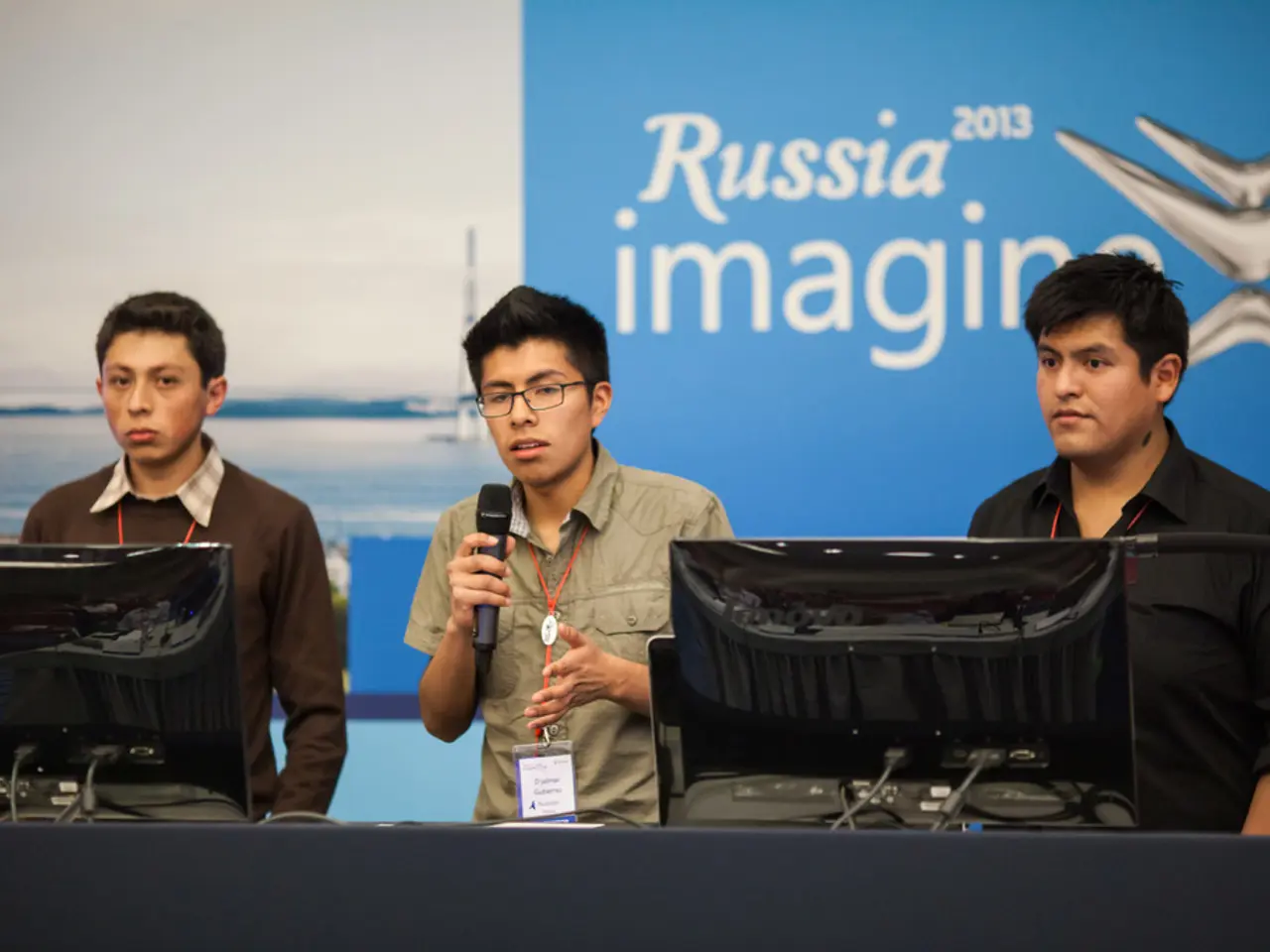Reduction of Foreign Worker Quota Proposed by Labor Ministry in Russia for the Year 2026
The Ministry of Labor and Social Protection of Russia has published a draft decree for public discussion, proposing a significant reduction in the limits on the share of foreign workers in various industries starting in 2026. This legislative initiative, aimed at tightening migration control and shaping the domestic labor market, has far-reaching implications for several sectors.
One of the most notable changes concerns the construction industry, where the maximum allowed share of foreign workers is proposed to be lowered from 80% in 2025 to 50% in 2026. This shift is expected to have a substantial impact on the workforce composition in this sector.
In another significant move, the initiative targets a complete restriction on migrant employment in specialized stores selling alcohol and tobacco. This decision is part of a broader strategy to exert greater control over sensitive sectors.
The specialized retail trade of alcoholic drinks and tobacco is not the only sector affected. The draft decree also proposes reducing the share of foreign workers in the population service sectors, although specific figures have not been disclosed. Moreover, nine types of economic activities overall may see a reduction in the percentage of foreign workers, with some sectors potentially reaching a zero share.
The catering industry is another sector where the draft decree aims for a more significant role for Russian citizens. According to the proposal, at least half of the jobs should be held by local workers.
In certain sectors, such as vegetable farming, wholesale timber trade, logging, forestry, wood processing, and cork production, the limit for foreign workers will be no more than 40%. This represents a decrease from the previous limit of 50%.
The ban on foreign workers in retail trade, including pharmacies, non-stationary trading facilities, and markets, as well as outside stores and stalls, will continue until 2026.
The Ministry's proposals reflect a broader trend of tougher requirements for labor migrants, including mandatory tests on the Russian language, history, and legislation. These measures are contributing to growing difficulties for migrants to extend their work permits or visas, leading to a reduction in migrant workers, particularly those from former Soviet countries.
The government intends to replace these migrants with "obedient" workers from distant "visa countries" like North Korea, India, Pakistan, Africa, and China, who would be admitted under government quotas and exempt from some testing requirements.
In conclusion, the Ministry's draft decree represents a significant step towards tightening limits on foreign workers in key industries. The initiative is part of a broader migration control and labor market strategy, aimed at shaping the composition of the workforce in various sectors. The exact numeric limits per industry beyond those mentioned have not been publicly detailed yet.
The proposed policy-and-legislation by the Ministry of Labor and Social Protection of Russia suggests a limited role for foreign workers in several industries, particularly in the construction industry where the maximum is reduced from 80% to 50%. (policy-and-legislation, construction industry)
Politics surrounding migration control in Russia have escalated, with the draft decree targeting a complete restriction on migrant employment in specialized stores selling alcohol and tobacco, signifying a move towards shaping the domestic labor market. (politics, general-news, specialized stores selling alcohol and tobacco)







